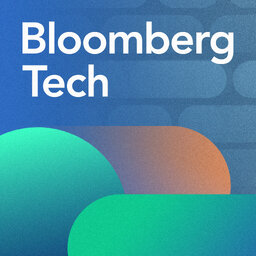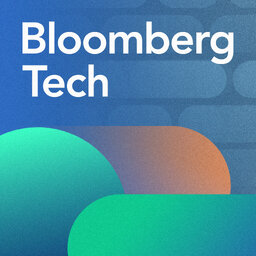Oracle's Record High and X's Right-Wing Lean
Bloomberg's Caroline Hyde breaks down Oracle's earnings and its push into cloud computing as the company hits a record high. Plus, new research shows X has grown in popularity among conservative users since Elon Musk's purchase of the site in 2022, and Paramount walks away from a deal with Skydance.
 Bloomberg Tech
Bloomberg Tech


